Alchemy is a strange format: created as an Arena-only format that promised a changing meta-game and innovative gameplay, Alchemy now has a stigma about it that hampers the potential of a digital-only format. From the way the format was mishandled at the beginning to the overwhelming negativity from the Arena and greater Magic community, Alchemy has stagnated and settled into something that fails to live up to its stated potential. However- Alchemy has produced interesting and dynamic ideas, and there may still be hope for this format in the future of Magic Arena.
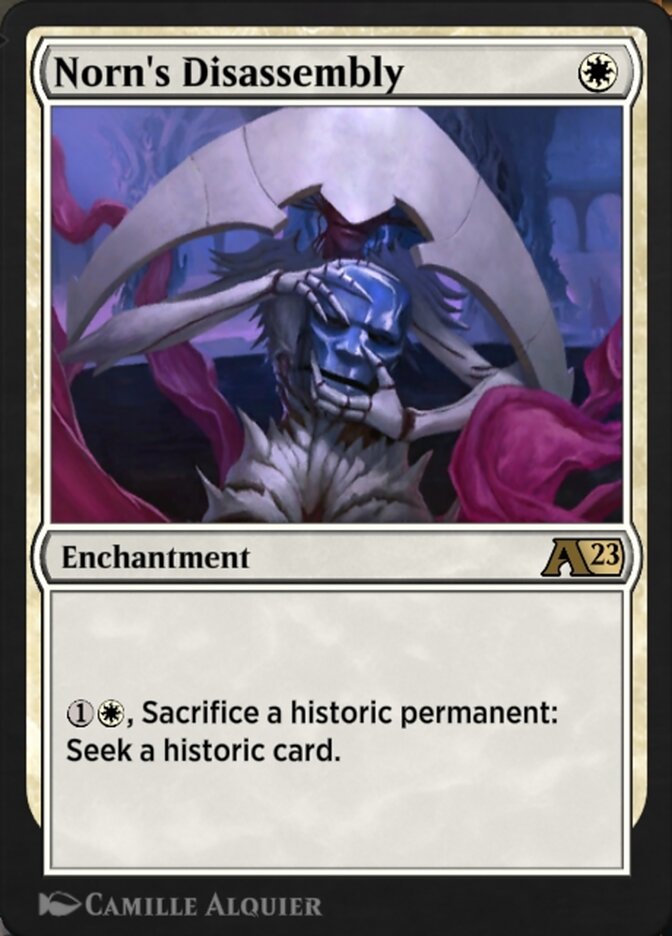
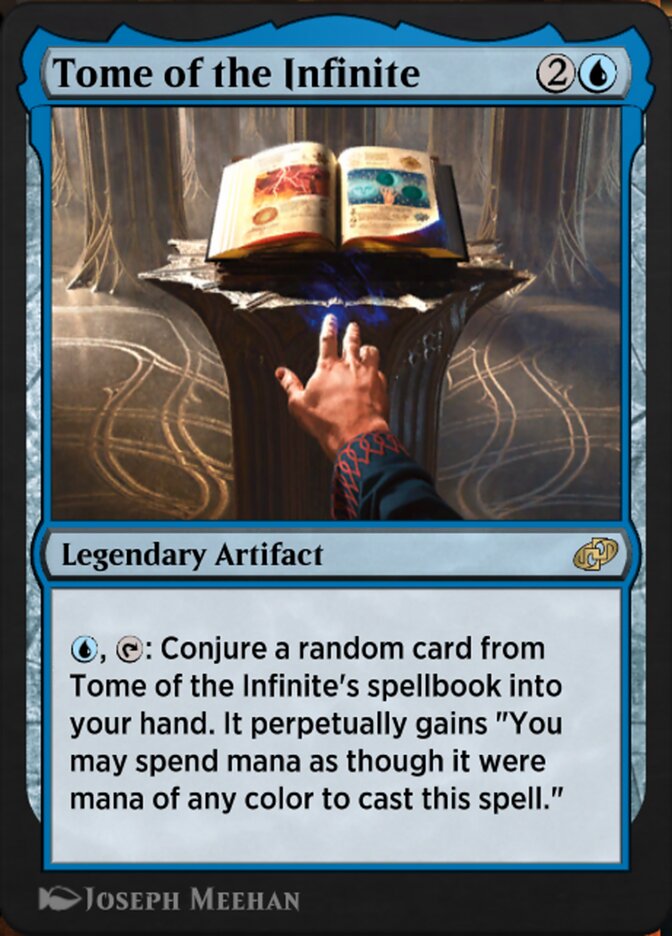
First, it’s good to address the problems people have with Alchemy as a format. Introduced in December 2021, Alchemy ramped up through 2022 in a year that saw many sweeping changes to Magic as an IP. The pushback from many of these changes led to skepticism about Alchemy from the start, as many players felt like the cards of Alchemy were underwhelming. Many saw the format as just a hollow copy of other digital TCGs, while the active players on Arena saw some cards they used in Standard become Alchemy variants. Cards that the players already owned also saw rebalancing under the Alchemy ruleset, with no wildcards handed out to make up for the nerfed cards. I hardly have to explain why players would be angry with Alchemy, after changes made for the format adjusted and changed their collections without consent or reimbursement. Everyone knows the feeling when someone just touches your cards during a match, but this was Arena writing on your cards with a permanent marker and telling you this is what they did now. Standard players had to collect copies of cards that would be adjusted in Alchemy, and it wasn't limited to the rotating formats: Historic was the original non-rotating format for Arena before Pioneer was introduced, and when Alchemy was introduced Historic was changed too. Players who weren’t interested in Alchemy not only had their cards changed, but also had their non-rotating format removed. With all of this, players complained about the use of slush art for the cards, cards with the same name as their non-Alchemy variants having wildly different effects, and the lack of adjustments to the Arena economy to support this new format, and it’s clear to see why Alchemy earned the ire of the playerbase.
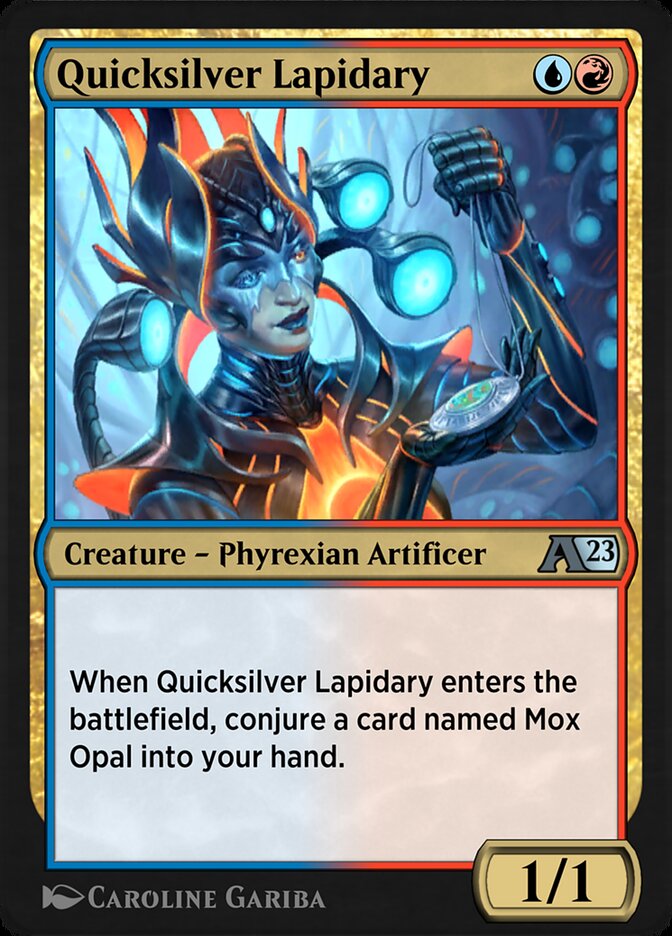
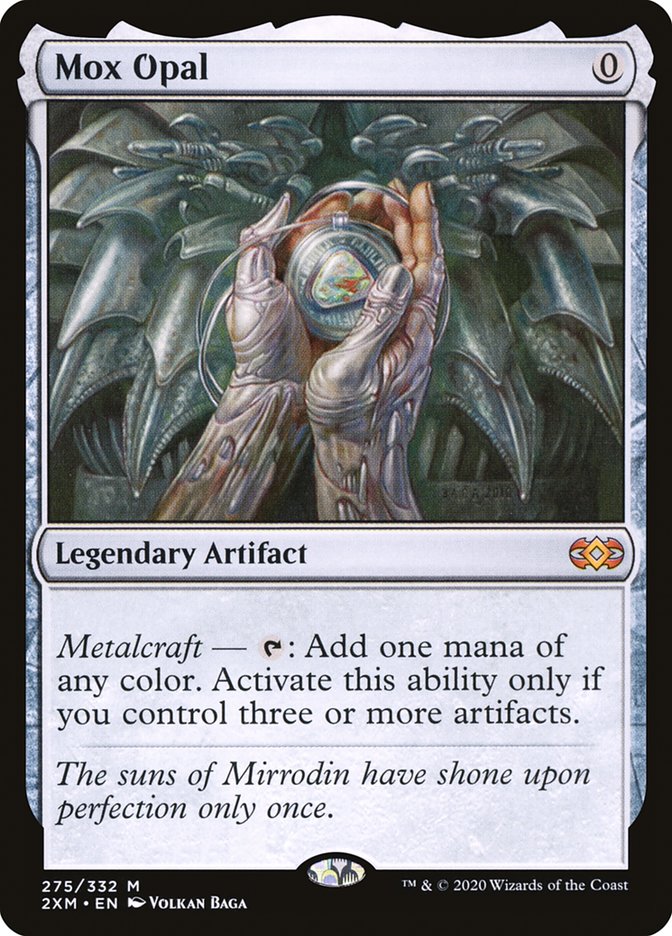
The latest Alchemy set was Alchemy: Phyrexia, adapting Phyrexia: All Will be One to the Alchemy format. Clearly, despite all these early hitches, the format is still alive and well enough to receive new supplemental sets. So, how is Alchemy to play? There are some unique mechanics that are online only, doing things that don’t particularly work inside the Magic ruleset. A good example of this mechanic is ‘Conjure’- a keyword that creates a new card that previously was not in the game from a criteria. Cards like Quicksilver Lapidary conjure a named card into your hand: in this case, Mox Opal. Conjure allows Alchemy cards to do a lot: you can remove a creature then conjure a copy, or conjure the entire Power Nine into your deck. You can conjure cards directly into your graveyard, and reanimate them- the keyword is incredibly flexible and it gets the flexibility by not having to define all its actions in the comprehensive rules of Magic. In fact, many of the mechanics work more or less off of instinct and common sense. It helps that many of the mechanics that Alchemy is trying to imitate have been shown in other digital TCGs- Spellbooks are similar to Hearthstone’s Discover. Intensity and Perpetual are similar to mechanics from Legends of Runeterra. Even Conjure is used in ways that are similar to Shadowverse. Because of this, Alchemy does play pretty well. It’s weird at first to get random effects from your creatures, but it's nothing that hasn't been tried before- and that means it works well.
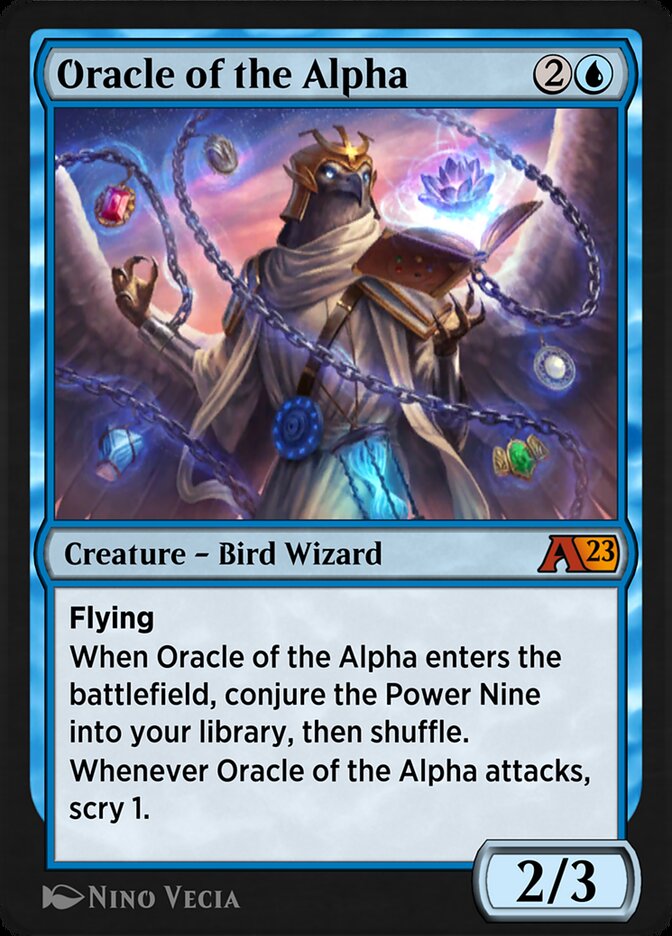
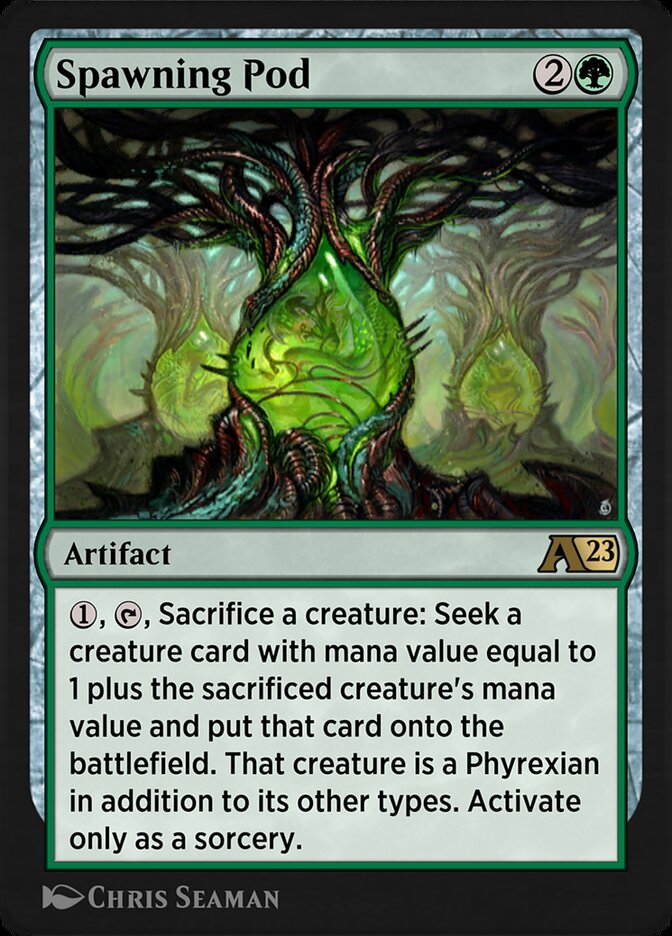
But this is precisely the problem with Alchemy. Magic has made many conscious decisions to be different from other TCGs and to carve out an identity for itself. That level of design and innovation is absent from Alchemy. The cards being printed are mostly retrains from other digital card games, rarely interacting with the aspects that make Magic unique. Cards like Oracle of the Alpha pay homage to the history of Magic, but hardly feel as though they were designed with that history in mind. Alchemy has a wealth of interesting ideas they could pull from that are grounded in the rules and restrictions that make Magic our favorite card game. What if there were Alchemy cards that re-introduced mana burn? This combined with tools to force mana on your opponents would be an interesting and fun use of both digital space and interacting with a core system that makes Magic unique. What about systems that allow you to ‘ante’ a card for the duration of the match? The mechanics don’t all need to be references to Magic’s history, but mechanics that are more in line with it would really begin to uncover the potential of Alchemy. Creature toughness regenerating is also core to Magic’s design, what about having a ‘survival’ theme to go along with the diaspora of worlds trying to survive against Phyrexia’s wrath? There could be mechanics that care about the order your mana is tapped, or maybe some colors get additional resources that evoke what those colors care about. As shown with the mechanics currently printed in Alchemy, the effects cards have don’t need to be grounded in the rules of Magic.
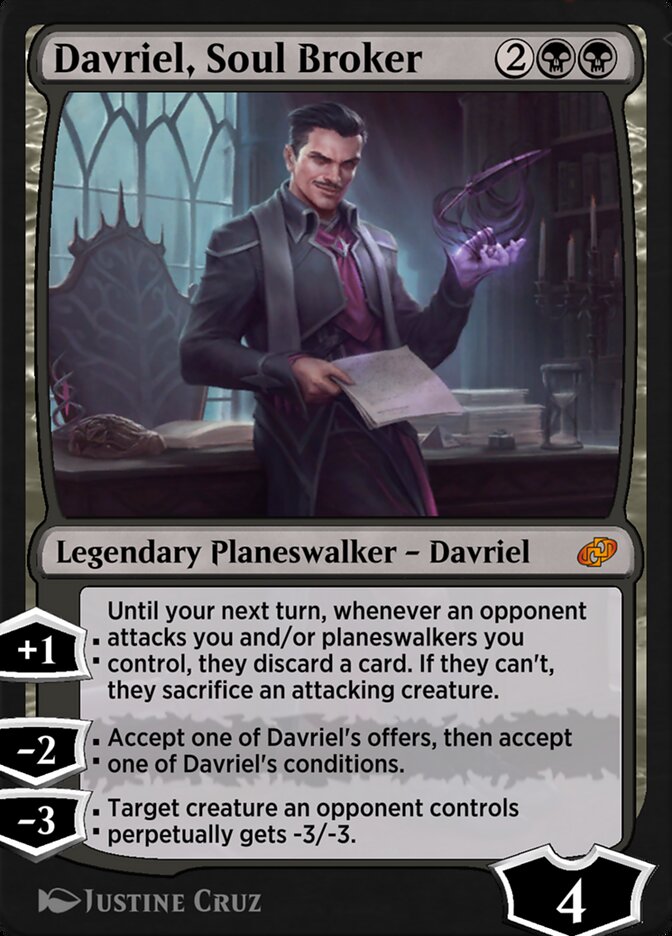
I think that the one area Alchemy does match the level of creativity that Magic is known for is in its digital-only planeswalkers. Davriel, Soul Broker is a fantastic card- despite the complaints it received on release. I think this is the level that all Alchemy designs should strive for: perhaps not as complex as Davriel, but certainly with the same level of creativity and excitement. Save the really complex and new wording for 5-6 cards per set, but make every card for Alchemy feel like a Magic card. The majority of Alchemy cards are barely changed, or inflated with stat-lines that push the boundaries of their mana cost. The cards we’re receiving feel like they weren’t even iterated on.
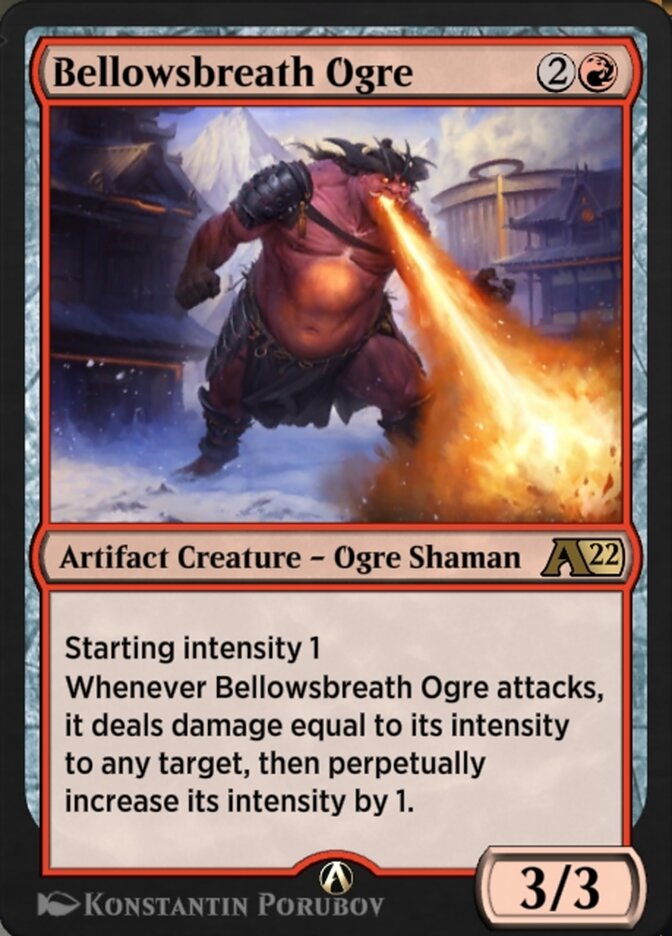
Magic: the Gathering can work as a digital card game- after all Standard is primarily played on Arena, and the game survived a global pandemic while still being commercially successful. Alchemy is the first exploration of a digital-only Magic, and I’m confident that it can work here too. There simply has to be more effort to tap into the Magic-only concepts that can truly make Alchemy shine.










